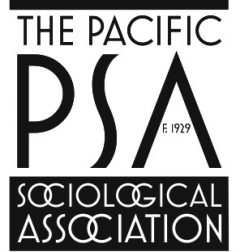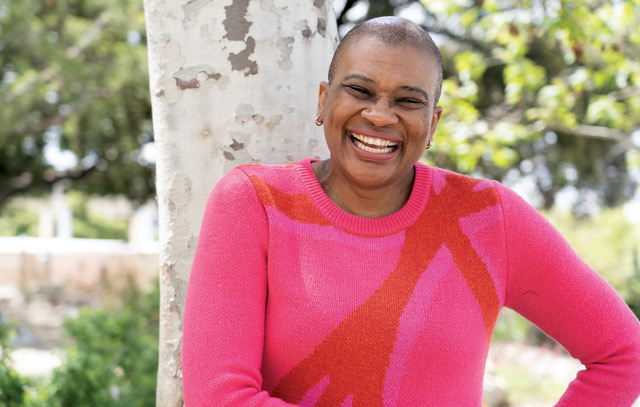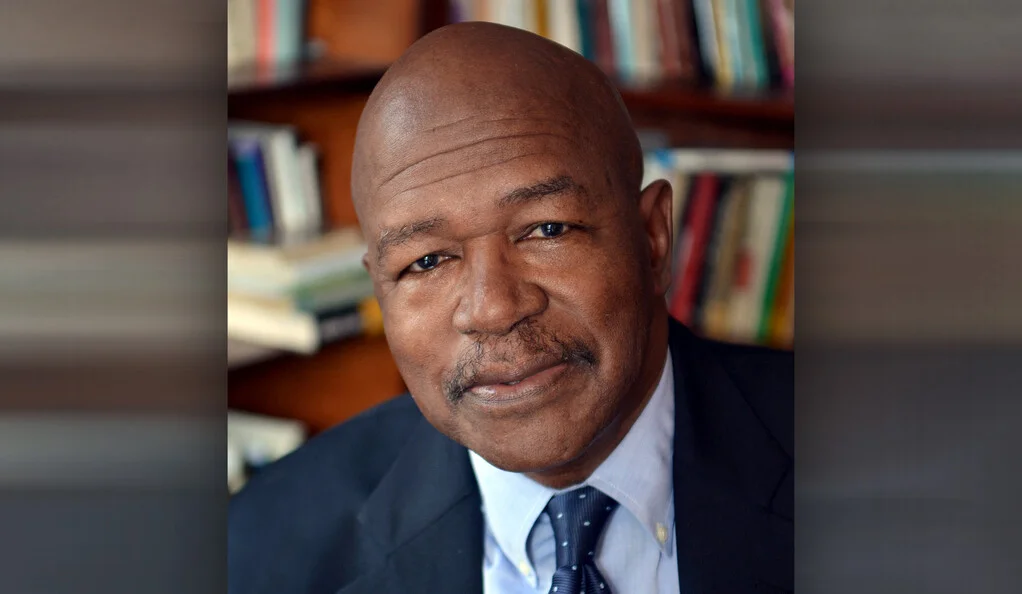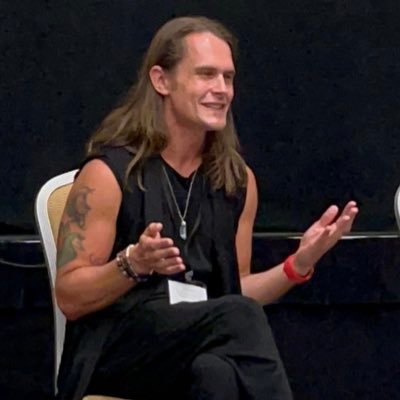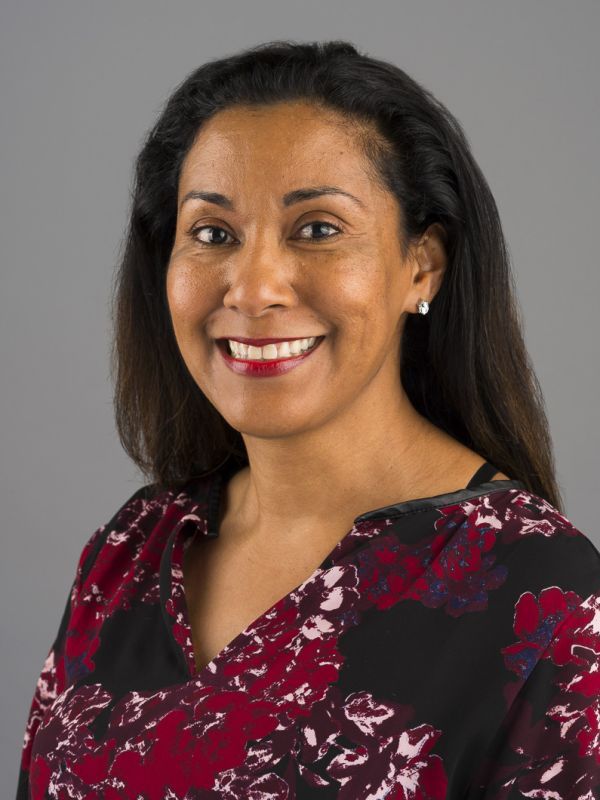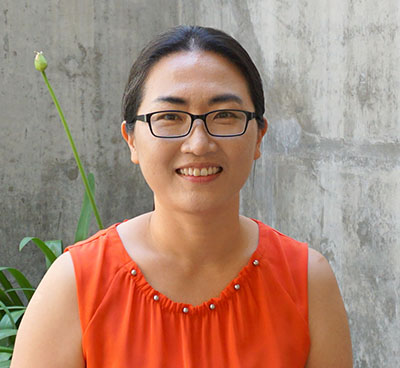2024 PSA Conference – Call for Submissions
CALL FOR PAPERS AND SUBMISSION INFORMATION
The deadline for submissions is Nov. 15, 2023 for graduate students/faculty/etc. and Dec.1, 2023 for undergraduate students. The conference will be held on March 21-24, 2024 at the Marriott Mission Valley in San Diego, CA.
Please read this page before ENTERING THE SUBMISSION SYSTEM THROUGH THIS LINK.
You will need to create an account within the submission system the first time you access it.
IMPORTANT: If someone has already put your name and email address in the system–like if they added you as an author for a paper–then you will still need to set up your submission system account, BUT you will need to start by clicking the Forgot Your Password link (see image below). You will tell the system to send a password reset link to your email address. Once you receive that (check your junk mail!), just click and follow the screens to provide a password. Once you get into the system, update any other profile information once you get into the system.
This is a picture of the submission system login page:
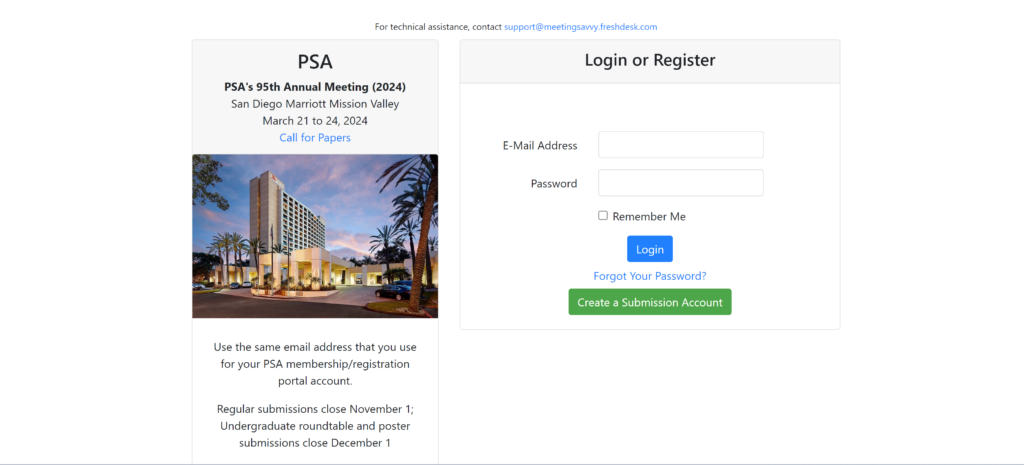
PSA plans for the 2024 conference to be held entirely in-person.
FAQs about the PSA conference, submissions, etc.
Downloadable instructions for 2024 submission system
To organize its annual meeting, PSA primarily uses an online system of open submissions to topical areas.
You may not submit the same paper to more than one place within the online submission system. You may, however, submit multiple different papers.
Please submit only papers you really intend to present. At PSA, papers are generally accepted. Do not submit a lot of papers in hopes that a few will be accepted. Submit only papers you firmly expect to be ready to present.
For 2024, topical areas are fewer than in recent years. This is aimed to support topical area Organizers’ ability to consider more papers as they make sessions, so that sessions can be both robust and distinct.
Note: General questions about the conference, submission system, or other general information should be directed to the PSA Executive Office, executivedirector@pacificsoc.org.
Faculty and other professional sociologists as well as graduate students will access the online system, and select to either submit a paper or a complete session.
For a paper submission, indicate if your paper is (or will be at the time of presentation) research in progress or a formal (finished) paper. Then select the best topical area; you can find the list of topical areas below, as well as the program committee members who will organize submissions into sessions for each of these areas. PSA committees also sponsor some special sessions and seek paper submissions. DO NOT submit the same paper more than once! Faculty, graduate students, and other professional sociologists need to provide an abstract of their proposal, with a maximum 200 words, to include the objective, methods, results, and findings as appropriate.
Faculty, graduate students, and applied sociologists can also submit a proposal for a complete session. This might be a film or other creative media session, or a panel of scholars who want to present together on a particular topic. However, submissions of sessions completely composed of presenters from one school are discouraged; these sessions are often not well attended, and space in the program is limited. Presenters instead should submit their individual papers, where they will be placed appropriately in sessions with other presenters—and thus also have the opportunity to learn from these other presenters.
Undergraduate students first select either the undergraduate poster or roundtable format, then choose the topical area that best fits their work.
For a poster, students will prepare a large poster about their research, then stand next to it and explain to any interested viewers.
For a roundtable, students will send their completed paper to the faculty assigned as Discussant for their table prior to the conference. Then, at the conference, they will be seated at a large table with several other students whose research is on related topics; each student will orally present a summary of their work, and then the faculty Discussant will guide discussion.
At the time of submission, undergraduate students are asked to provide a longer proposal that includes two pages of information on their research question, intended contribution of their research, description of theory and methods, and a third page of source references. Undergraduates also are required to give name and contact information for a faculty mentor who is familiar with their work. Undergraduate submissions are organized into sessions by Undergraduate Coordinator Robert Kettlitz.
TOPICAL AREAS
You will choose from these Topical Areas when you submit your paper. There are also some committee-sponsored and other sponsored that may be added. Please be sure to check back here regularly to see new sponsored sessions. The Organizers listed will review submissions and organize them into sessions. Please do not send your paper to an Organizer unless you are asked to do so. You must submit your paper in the online submission system.
| Topical Area | Organizer |
| Community-based & Applied Research | Janet Muñiz, CSU long Beach |
| Disability | Faye Wachs, Cal Poly Pomona |
| Body Politics | Dana Chalupa-Young, University of the Pacific |
| Urban Ethnography | Duke Austin, CSU East Bay |
| Art, Culture, & Popular Culture | Xuan Santos, CSU San Marcos |
| Black Sociology | Lori Walkington, CSU San Marcos |
| Race & Ethnicity | Dwaine Plaza, Oregon State University |
| Race & Gender | TBA |
| Gender & Sexualities | Miriam Abelson, Portland State University |
| Families | Cristina Ortiz, SJ Delta Community College |
| Social Inequalities | A C Campbell, Santa Ana College |
| Regional Studies, Transnationalism, Globalization, & Development | José Collazo, CSU Channel Islands |
| Rural Sociology | Jennifer Sherman, Washington State University |
| Environmental Sociology | Erik Johnson, Washington State University |
| Education | Celeste Atkins, University of Arizona |
| Teaching Sociology | César Rodríguez, San Francisco State University and Jamie Palmer-Asemota, Nevada State University |
| Marxist/Critical Theory | Michel Estefan, UCSD |
| Anti-racist Pedagogy | Uriel Serrano, UC Irvine |
| Crime, Law, & Deviance | Annika Anderson, CSUSB |
| Medical Sociology, Health, & Reproductive Politics | Katie Daniels, Cal Poly Pomona |
| Work, Labor, & Economics | Hyeyoung Woo, Portland State University |
| Social Psychology | Amanda Shigihara ,CSU Sacramento |
| Immigration, Demography, & Social Change | Louis Esparza, CSU Los Angeles |
| Asian/Asian American Sociology | Dana Nakano, CSU Stanislaus |
| Indigenous Sociology | TBA |
| Latinx Sociology | Manuel Barajas, CSU Sacramento |
| Undergraduate Roundtables & Posters | Robert Kettlitz, Hastings College |
| Graduate Fair | Kristy Shih, CSU Long Beach |
Sponsored Sessions
| Committee | Session Topic/Title | Organizer |
| Status of LGBTQIA+ Persons in Sociology | Queer Research, Queering Research | Jordan Grasso, UC Irvine |
| Status of LGBTQIA+ Persons in Sociology and Committee for Freedom of Research and Teaching | Trans Under Fire – Teaching and Researching in an Anti-Trans Society | Jordan Grasso, UC Irvine and Richelle Swan CSU San Marcos |
| Committee for Community Colleges | Community College Classrooms in a Post-Pandemic Landscape | Liz Bennett, Central New Mexico Community College |
About the 2024 PSA Annual Conference
Ties That Bind: Social Space and Social Permissiveness
Greetings everyone! Planning for the forthcoming meetings in San Diego at the Marriott Mission Valley (March 21-March 24) are underway under the stewardship of Dr. Marcia Hernandez (University of the Pacific) as Program Chair and a robust Programming Committee. When I considered the theme for PSA 2024, I considered two things: social spaces and social permissiveness. Ties that bind are the shared beliefs or other factors that link people together. To quote author Pauli Murray, “True community is based on upon equality, mutuality, and reciprocity. It affirms the richness of individual diversity as well as the common human ties that bind us together.” And yet, as sociologists, we understand, see, and in many instances experience that lack of equality, mutuality, and reciprocity resulting in persisting inequities that do not allow for acceptance of difference and respect for diversity. One clear way in which inequities are enacted are thanks to social mores about belonging in social spaces and the levels of social permissiveness that can guarantee or not guarantee acceptance. Two speakers who are the key Presidential Speakers, Dr. Elijah Anderson (Yale University) and Dr. Brandon Robinson (University of California-Riverside), will speak to this conference theme and the interweaving aspects of social complexity.
The current sociopolitical climate in the U.S. as well as in many other Western nations outlines a thorny picture about citizenship, civil rights, social justice, and social hierarchy. As of today, pre-existing legal protections for Black folx, people with uteruses, LGBTQIA+ individuals, and Indigenous people are nonexistent or so minimal that even those protections are brought into question within the court of law. Beginning with the lack of full-fledged support for the Voting Rights Act , we begin to know more keenly why W. E. B. DuBois stated that Black people are forever reminded in the U.S. of double consciousness. Although Black people through various laws in the U.S. were granted American citizenship and should be provided all rights associated with this social status, there persists a lack of associating citizenship with the humanity of Blackness. Consequently, Black people walk into and exist within various social spaces (the professional and interpersonal) across the U.S. landscape with the unfulfilled promise of full and complete civil rights due to a lack of social permissiveness. To quote historian Koritha Mitchell, “know your place aggression” demonstrates how and why social permissiveness is not guaranteed to all; but rather as a means of sustaining racial capitalism and white supremacy. This is one of the principal reasons that I’m excited that Dr. Elijah Anderson will be our Sorokin lecturer and Presidential panelist. His work highlights how Black people navigate social spaces, redefine community within spaces that remind us of who does and doesn’t belong, and challenges preconceived notions of how racial discrimination persists.
Turning over Roe v. Wade was unfortunately not a surprise but rather an eventuality predicted by gender studies scholars and reproductive justice activists who watched the pulse of reproductive politics become once more not only control over the womb but also an enforcing of patriarchy. States were well-poised to begin using “standard” language in creating legal codicils designed to further limit agency and autonomy in sexual and reproductive health. As Zakiya Luna states, “reproductive justice is an analysis, movement, praxis, and vision.” It constantly calls for us to re-evaluate how social rights and liberties are interconnected so it’s not just about access to rights but rather makes us identify what other systems buoy the lack of access and what and who are advantaged because of structured inequality.
Another disconcerting showcasing of restricting agency and autonomy is reflected in the pernicious attacks on trans people which range from denying gender-affirming care to attempting a complete erasure via various forms of violence and legalities. These forms of persecution and prosecution are yet more heralding of how xenophobia functions as a tool of oppression, suppression, and domination. Again, we can see that conservative social mores continue to push against anyone perceived as “other” to remind who is deemed acceptable in both the public and private sphere. And yet, as Dr. Brandon Robinson’s work reminds us, queer and trans communities consistently figure out how to navigate these spaces using liberatory praxis, especially among LGBTQ+ youth.
The question now becomes, what does the decimation of legal precedent tell us about who is and isn’t allowed and at what costs? I invite you all to submit abstracts, create collaborative events, and examine within your research, teaching, activism, and public sociology how your work aligns with this theme across the various sections of the organization.
I look forward to welcoming you in San Diego and learning more of your work. Dr. Hernandez, the Programming Committee, and myself are working to produce a conference that invites deeper intellectual exploration, offers a celebration of existing non-profits engaging in public sociology, music, mentoring, and spaces for all PSA members and guests to experience the beauty of our organization.
–PSA President Alicia Bonaparte, Pitzer College
